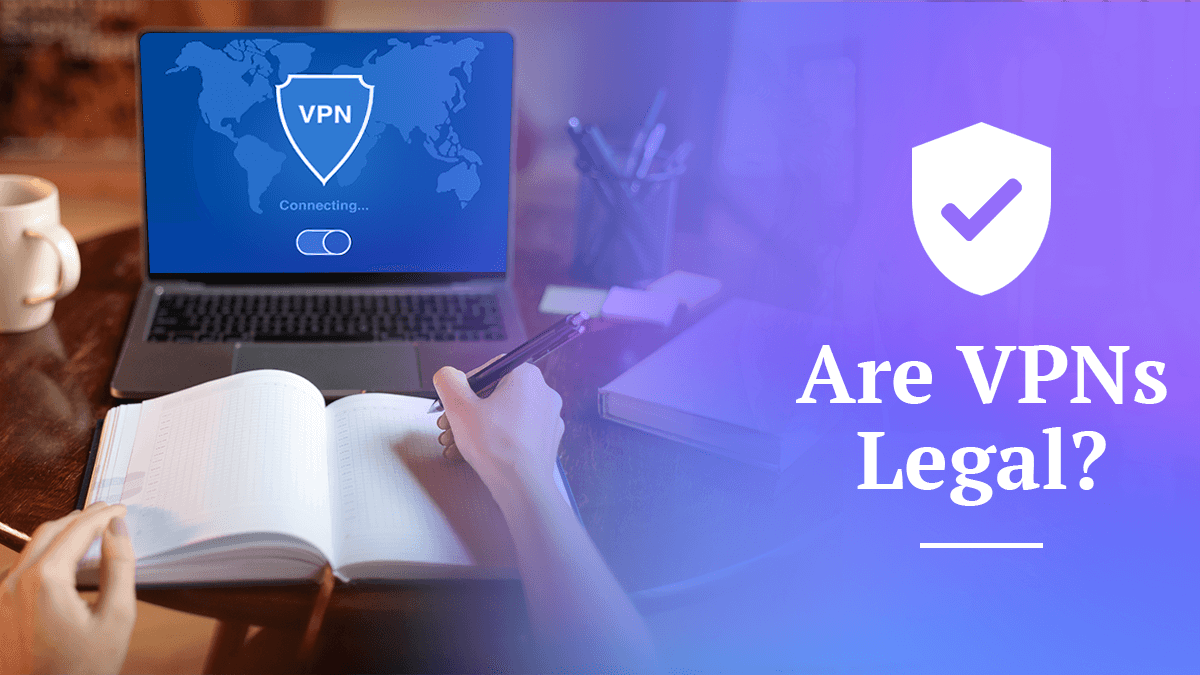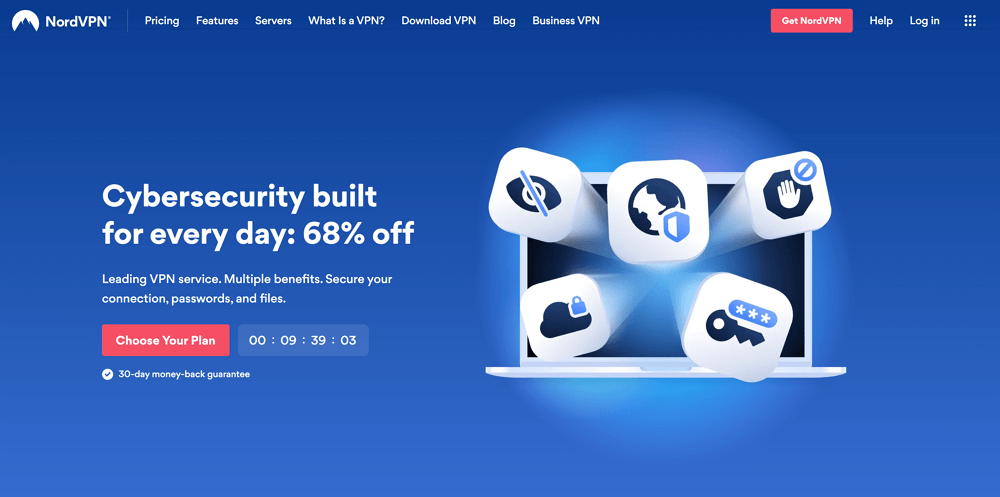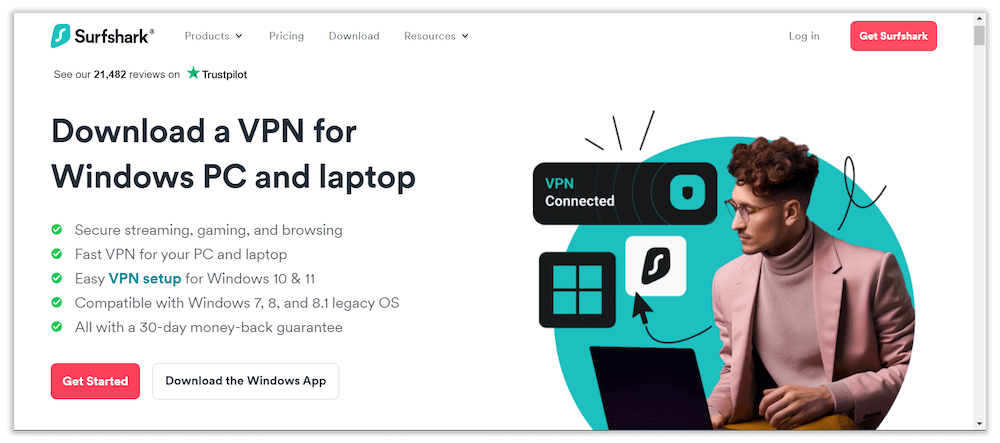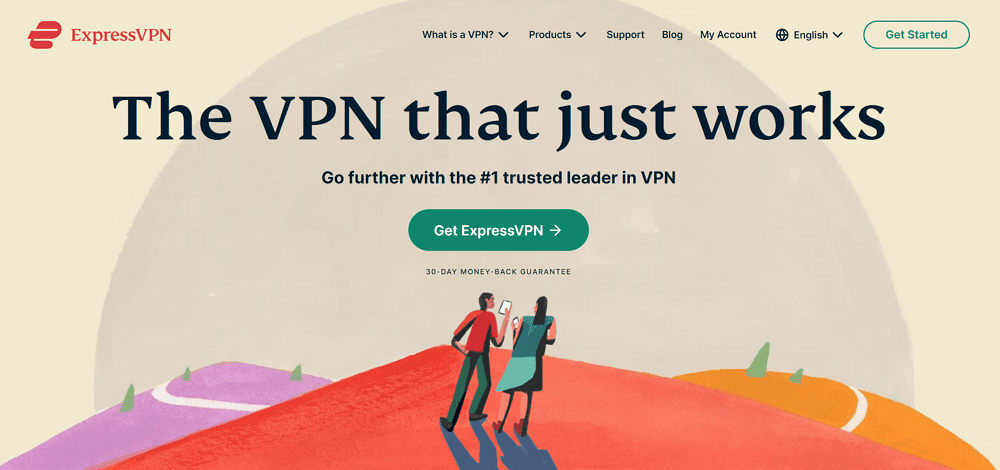
Are VPNs Legal in North Korea in 2025?
VPNs are illegal in North Korea. However, you can use a VPN in North Korea if you download it before you go. The best North Korea VPN is NordVPN — you can try it for free with a 30-day money-back guarantee.
North Korea is known for its totalitarian state where access to digital technology and the internet is severely restricted for citizens and tourists alike. For other countries that restrict internet access, like China, we normally recommend using a VPN for security, privacy and access to blocked sites. However, can you use a VPN there? And are VPNs legal in North Korea?
- Best North Korea VPN
In this article, I’ll look into these questions about virtual private networks, plus other technology-related questions, including about internet access and North Korea laws and punishments for breaking them.
Is it illegal to use the internet in North Korea?
Yes, North Korea bans VPN usage, which is a criminal offense for its citizens. However, the government is lenient on VPN usage by tourists making short visits.Can people in North Korea use VPN?
North Korean citizens are banned from using VPNs. Business travelers or tourists can install VPNs on their devices before visiting and use them for brief periods on short trips.What happens if you connect your VPN to North Korea?
North Korea does not have VPN servers within its borders, so this is impossible.
Are VPNs Legal in North Korea?
No, VPNs are not legal in North Korea.
A VPN connection can be used to bypass internet censorship. VPN providers are used for many reasons: to encrypt your internet connection, so your internet service provider can’t see what you’re doing online, to protect your privacy by hiding your IP address, and to speak out against the government without fear of censorship.
Given that last one, it’s no surprise that North Korea’s totalitarian regime bans the use of VPNs in the country.
Does North Korea Have Internet?
North Korea’s strict censorship rules are centered around prohibiting its citizens from gaining too much knowledge about the outside world — if they’re exposed to too much information about freedom or democracy, it could taint their loyalty to the regime.
North Korea has a very limited version of the World Wide Web — the part of the internet most people use every day. In North Korea, there are no servers connecting the country to the rest of the world. Instead, North Korean citizens can only access the local intranet, Kwangmyong, within their country (more on that soon).
However, international tourists and government officials are sometimes allowed temporary access to resources on the outside internet. Foreigners have been granted access to the internet since 2013 through the Koryolink network, North Korea’s wireless telecom provider, in the hopes of growing foreign investments.
Tourist Internet Access Options
Tourists are also allowed internet access at specific designated internet cafes and some hotels. They also have the option to get a SIM card exclusive to foreigners, which is only valid for the duration of the visit.
Tourists who want internet data included on their card can get one for an expensive $200 fee, but voice-only SIM cards are more affordable at just $85. Even if you pay for the data SIM, it only provides 50MB, which is nothing really. Any more data costs 20 cents per megabyte.
Considering the North Korean government provides limited access to the internet for tourists, if you downloaded a VPN before entering the country, you could use the VPN for that online activity in the country. However, that VPN use would still be technically illegal.
It is difficult to obtain information about what punishment people can face for using a VPN in North Korea. However, it seems that foreigners might be granted more leeway than if a local citizen used a VPN.
Nevertheless, there’s no telling just how much surveillance the North Korean government conducts on visitors through its internet portals. The answer is almost certainly “near constant.”
What Is Kwangmyong?
While most of the world knows North Korea is a closed, repressive state with little internet freedom, many people are surprised to learn it also has a highly developed intranet for its citizens.
To understand North Korea’s intranet, you have to first understand its relationship with the outside internet. The government blocks unapproved connections because it doesn’t want its citizens reading anything critical of their government or seeing more than one perspective on the outside world.
But North Korea does allow some privileged individuals and organizations to access the regular internet for research purposes. These include high-ranking government officials, academics in universities and those in select industries, like health care or banking. In order to get onto these systems, users need government permission.
Apart from these select few individuals, everyone else in the country only has access to Kwangmyong, North Korea’s censored version of the internet.
How Is Kwangmyong Censored for North Koreans?
The sites available through the intranet are heavily censored and primarily made up of state propaganda. Some pages from the regular internet are present, after being reformatted to eliminate even the slightest anti-government sentiment. Citizens can email other users on the network, albeit under heavy monitoring from government and police authorities.
Social media platforms are not accessible, and most online activities people conduct on a regular basis around the globe are restricted. However, like China, North Korea has developed some of its own substitutes for popular apps.
A journalist from the Washington Post uncovered North Korea’s version of Facebook, which is more of an online bulletin board than a true social network. It’s primarily used in universities to wish students and faculty a happy birthday.
The truth is, owning a computer in North Korea is considered a luxury and requires government permission. In fact, most North Korean citizens aren’t even aware the internet exists due to high poverty levels.
North Korea Social Media & Internet Censorship
Is North Korea safe for tourists using social media platforms? Will its strict censorship policies draw consequences for those who have internet use? These are questions you might ask yourself about the hermit kingdom.
The government places strict controls on what its citizens can view. Anything that could be considered anti-government or anti-North Korean ideology is banned, including anything about South Korea, Japanese culture and porn.
For example, having pirated copies of South Korean K-dramas — which are popular worldwide — can lead to a yearlong sentence to a labor camp. Recently, a man was sentenced to death for smuggling copies of the hit Netflix drama Squid Game.
Apart from the internet, the government has banned foreign media broadcasts, such as Voice of America and Radio Free Asia, which were previously the only sources of unbiased information for many people in North Korea. Listening to any banned broadcast is a severely punishable crime.
Once you’re inside North Korea, there is no default access to outside media — not even Google.
Best VPNs for North Korea Tourists
North Korea hosts 100,000 tourists each year, an estimated 95,000 from China and 5,000 Westerners. If you’re planning the ultimate in unusual tourism — a tour to North Korea — you will need a good VPN to access your favorite social media apps and news sites.
If you’re thinking of using a VPN in North Korea for the outside internet and protection from surveillance, make sure you have several reliable options on your devices. It’s risky, so it’s important that you take your internet security seriously.
Keep in mind, you must download the VPN before you go to North Korea. Otherwise, you won’t be able to use it due to the government restricting access to VPN sites.
Here are some top VPNs to consider using while in North Korea, all offering unlimited bandwidth and operating RAM-only servers that automatically delete user activity logs.
1. NordVPN — Best VPN for North Korea

- Easy to operate
- Unblocks every major streaming service
- Great savings on one- & two-year plans
- Includes a kill switch & ad blocker
- Strict no-logs policy
- 30-day money-back guarantee
- Suffered a security breach in the past
- Split tunneling isn’t available on all OSes
- Mobile UI map challenging
NordVPN is an excellent VPN for North Korea tourism. It offers the latest privacy protocols, military-grade encryption, a no-logging policy and a kill switch that makes sure your identity isn’t outed should the connection dip.
NordVPN has a whopping network of over 5,400 server locations, including South Korea, meaning you can quickly access nearby servers without much speed lags.
Nord’s double-VPN encryption encodes all data twice and funnels it through two servers in sequence. You can also get obfuscated servers that hide not just your traffic, but also your use of a VPN. Learn more in the comprehensive NordVPN review and NordVPN pricing guide.
2. Surfshark — Best Unlimited Connection VPN for North Korea

- Very good price-performance ratio
- High security level
- Netflix-compatible
- Unlimited simultaneous connections
- Great support with live chat
- No information on individual servers
- Can have issues establishing a connection
3. ExpressVPN — Best User-Friendly VPN for North Korea

- Extremely fast & easy to use
- Servers in 105 countries
- Kill switch, split tunneling & no logs
- Unblocks all major streaming services
- Excellent security record
- Expensive
- Uses some virtual servers
Conclusion
North Korea might be a country you want to visit at least once in your lifetime. The government has made it increasingly affordable for tourists, with a burgeoning boutique tourism industry. In fact, the tourist experience is well-organized with assigned guides who do their best to show you around popular sites like the Arch of Triumph and Juche Tower.
I recommend staying offline as much as possible until after you leave the country. If you really need to access the global internet, make sure you have at least two trusty VPNs installed beforehand. We recommend NordVPN. Curious about NordVPN? Its 30-day refund policy means you can explore all its features worry-free and decide if it’s the right fit for you.
Are you planning a visit to North Korea? If so, which VPN service do you plan to use? Let me know in the comments and safe travels.

Leave a Reply